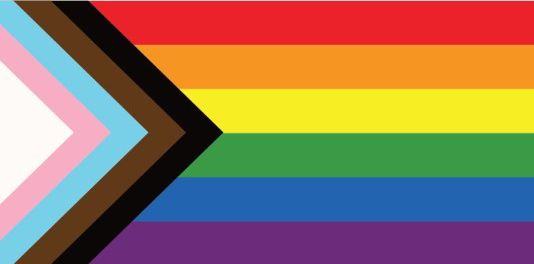East London
LGBT Seniors

East London
LGBT Seniors

| Our Organisation Checklist | yes | unsure | no |
|---|---|---|---|
| We are committed to monitoring: we include sexual orientation and gender identity when undertaking monitoring. | |||
| We inclusive: we ensure our forms of language are inclusive, such as ‘Who would you like us to contact in an emergency, rather than next of kin?’ | |||
| We are sensitive about gender: we understand that male and female toilet lables may be offensive. | |||
| We can handle transgender personal care needs: we can provide volunteers or staff trained to deal with specific trans care needs. | |||
| We can safeguard: LGBT harassment, homophobia and transphobia are explicitly included in our safeguarding policies. | |||
| We ensure confidentiality: our policies include explicit reference to LGBT and guidance on if and how information about a person’s sexual orientation or gender identity may be shared. | |||
| We have champions: we have LGBT champions on our board, advisory or user group, wherever appropriate. | |||
| We invest in awareness: we include LGBT awareness in our training and personal development plans, | |||
| We know how to tackle discrimination: we have clear procedures to address LGBT prejudice and discriminatory behaviour, including by residents, and visitors. | |||
| We know how to tackle discrimination: we have clear procedures to address LGBT prejudice and discriminatory behaviour, including by residents, and visitors. | |||
| We make it very clear: our literature states that we welcome people who are LGBT. | |||
| We make it visible: we have displayed a symbol like the rainbow flag or an LGBT poster. | |||
| We offer a point of contact: we publicise an LGBT contact person within our organisation. | |||
| We promote positives: we aim to reinforce being LGBT as a positive part of a person’s identity and needs, rather than a problem or challenge. | |||
| We publicise support networks: we include LGBT organisations and local support and social groups in our information. | |||
| We recognise minor voices: we take seriously voices less represented, such as non-binary and cis-gender. | |||
| We respect relationships: We respect long term partners as much as marriage and civil partnership | |||
| We use images: we use diverse imagery in our website and literature, including LGBT peopl. | |||
| We use social media: we feature our positive LGBT support on social media. | |||
| We use specific words: lesbian, gay, bisexual, queer, trans, non-binary wherever appropriate. | |||
| We welcome community groups: where available we offer our space to local LGBT community groups. |